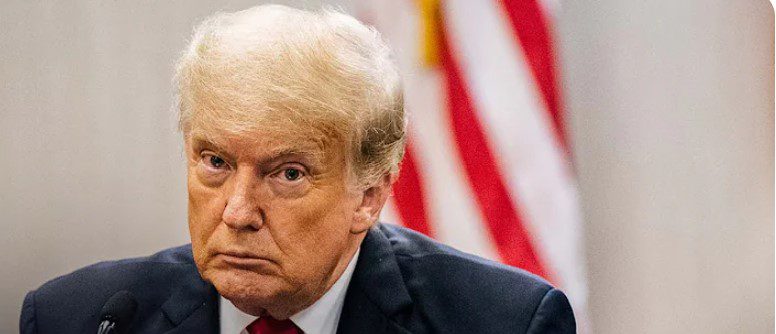Trump and his Georgia co-defendants attempted to have the RICO charges thrown out using the First Amendment, but Judge Scott McAfee dismissed their arguments.
Also, the laws do not directly violate the Defendants’ right to associate. The Supreme Court has supported laws affecting association rights after weighing the government's interest in safeguarding the democratic process and ensuring fair elections against an individual’s fundamental rights. Fortson v. Weeks, 232 Ga. 472, 479-82 10 Documents “shall include, but shall not be limited to, liens, encumbrances, documents of title,
instruments relating to a security interest in or title to real or personal property, or other records, statements, or representations of fact, law, right, or opinion.” O.C.G.A. § 16-10-20.1(a). 23SC188947 (1974) (laws governing campaign contribution disclosures did not violate the freedom of speech nor “fundamental political rights of the people”); see also United States v. Harriss, 347 U.S. 612, 626 (1954) (while Lobbying Act at issue might result in some deterrent effect to exercising First Amendment rights, “[t]he hazard of such restraint is too remote to require striking down a statute which on its face is otherwise plainly within the area of congressional power and is designed to safeguard a vital national interest”).
Compared to laws concerning campaign contribution disclosures and lobbying, the current laws only indirectly affect — if they do at all — the Defendants’ right to associate. While the State has an interest in protecting the integrity of the presidential electoral process, the risk of this overriding any associated
rights is legally insignificant.
The Defendants’ motions based on the First Amendment are denied, with the possibility of raising similar challenges in the future once more evidence is established.
Judge McAfee ruled that Defendant Trump and his RICO co-defendants are not having their First Amendment rights violated by being accused of participating in a criminal conspiracy to change the 2020 presidential election outcome.
The First Amendment argument is largely based on Trump’s belief that as a presidential candidate and former president, he is above the law and has the power to do and say whatever he pleases. The judge rejected the notion that individuals facing criminal allegations have their freedom of association interfered with by being charged with those crimes.
The Trump Georgia defendants are throwing everything they can and hoping something works, but they have not been successful so far.



